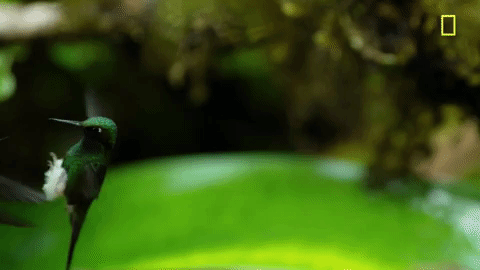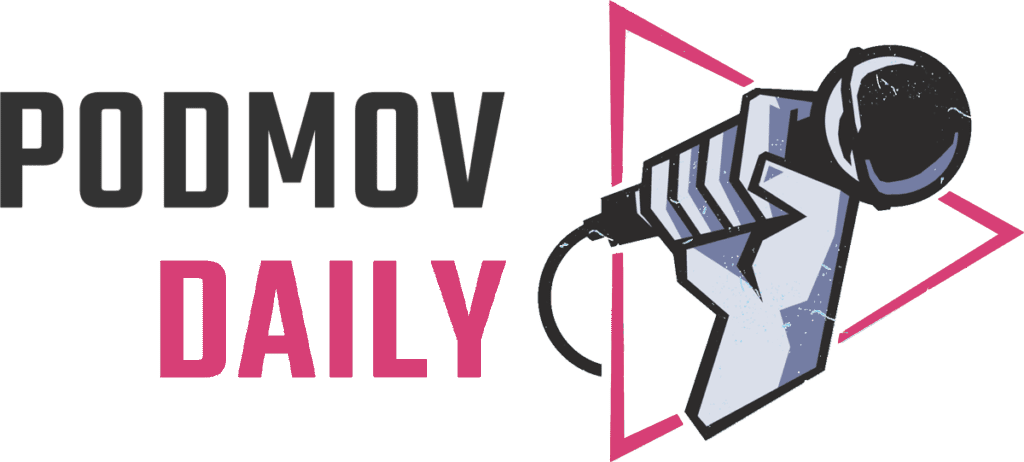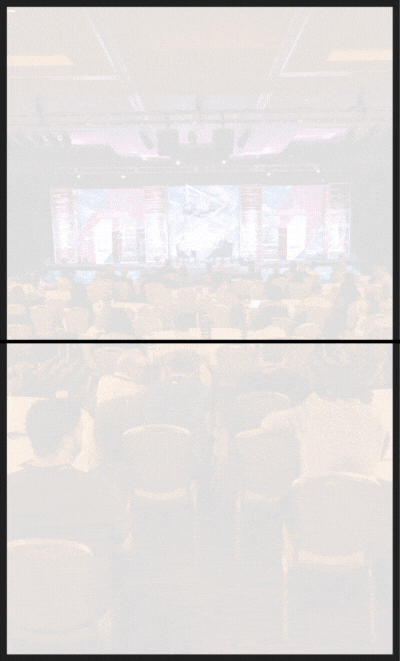

PodMov Daily: Monday, January 18
Episode 352: Your Monday Mix

The Listener Pyramid: A Proven Key to Podcast Growth
Over the last seven and a half years, 425 episodes, and nearly 15 million downloads at The Side Hustle Show, Nick Loper has learned that engagement always flows upward. Step by step, Loper’s steady podcast growth framework turns strangers into fans: “It’s called the Listener Pyramid, and your job as a host is to climb it.”
Every podcast fan was once a stranger to the show, even the one who listens to every episode and pre-orders your merch. As Loper points out, “Podcast fans aren’t born — they’re made.” How are you incentivizing each listener? With specific examples, he demonstrates strategies to reframe both content and communication.
“One thing is certain: If you don’t tell listeners how to subscribe and what’s in it for them, no one will,” Loper explains. This piece of advice applies to both your podcast and your all-important email list. Don’t underestimate a well-placed call to action. “Remember, you never know where your next fan is going to come from.”
Apple May Launch a Podcast Subscription Service
Apple is considering “a new subscription service that would charge people to listen to podcasts,” reports Chance Miller of 9to5Mac via The Information. “By charging for individual podcasts, Apple could potentially offer podcast creators a chance to make more money,” drawing them away from rivals like Spotify and Amazon.
It’s unclear how charging for individual podcasts would work, or what would end up behind the paywall. Unless high-profile podcasters agreed to exclusivity deals, e.g., Joe Rogan and Spotify, listeners would ostensibly be paying for original content. However, Apple only began “dipping its toe” into production last spring.
Bloomberg’s Lucas Shaw confirms that talks still include “stepping up funding for new shows and marketing.” Will listeners pay for not-yet-hyped originals? Could Apple realistically promise star podcasters more than they’d otherwise make through ads on every other platform? When (or if) plans materialize, we’ll find out.

Top-Tier Podcast Bookings, Made Easy
High-impact podcast interviews start with connections. Guestio is a software marketplace that turns dream guests into real conversations. It’s an all-in-one platform that makes it easy to find, book, and manage top-tier guests. Simply discover, schedule, and pay — all on one dashboard.
From Manny Pacquiao to Jordan Harbinger, Guestio’s growing catalog is packed with audience-engaging talent. Quickly find ideal guests with categories and tags, and schedule interviews on your integrated booking calendar. Best of all, say hello to built-in messaging and bye to cluttered email chains.
Streamline your profile with a shareable press kit, complete with bio, headshots, and links. Not yet ready for paid engagements? A free account lets you optimize your bookings in the meantime. Guestio is currently in beta and looking for more creators like you to help test the product and provide real feedback.
Your podcast is your passion. Let Guestio help you make it outstanding.
Here's what else is going on:
- Class act: This Wednesday, Podcast Movement University will officially re-launch. A year-round home for podcasters, PMU includes weekly live community events, expert Q&As, networking meetups, education, and more. Take it for a spin: Join the early access list for a two-week free trial.
- Stay sharp: Continuous improvement is a show’s only path to viability, advises Edison Research SVP Tom Webster. “When the spigot of continual podcast growth begins to righty-tighty, the most reliable way to gain an audience is to earn an audience by being differently better at your craft.”
- Power tools: Tomorrow at 12:00 CT, Hindenburg will host a free, live training for intermediate podcasters. “More Than Words: Riveting Audio!” is a deep-dive workshop focused on non-verbal soundscape techniques. The 3-hour program wraps with a virtual practice session and Q&A.
- In hindsight: “I love Pocket Casts,” writes Podnews editor James Cridland. “But as it loses millions and puts itself up for sale, who would buy into it?” Financially, the app’s owners had few other options. Cridland discusses what went wrong, and why its audio player code is “too good to lose.”






Join the Movement